By: Ray Day
CONTACT:
We wanted to share our latest consumer and business insights, based on research from Stagwell. Among the highlights of our weekly consumer sentiment tracking:
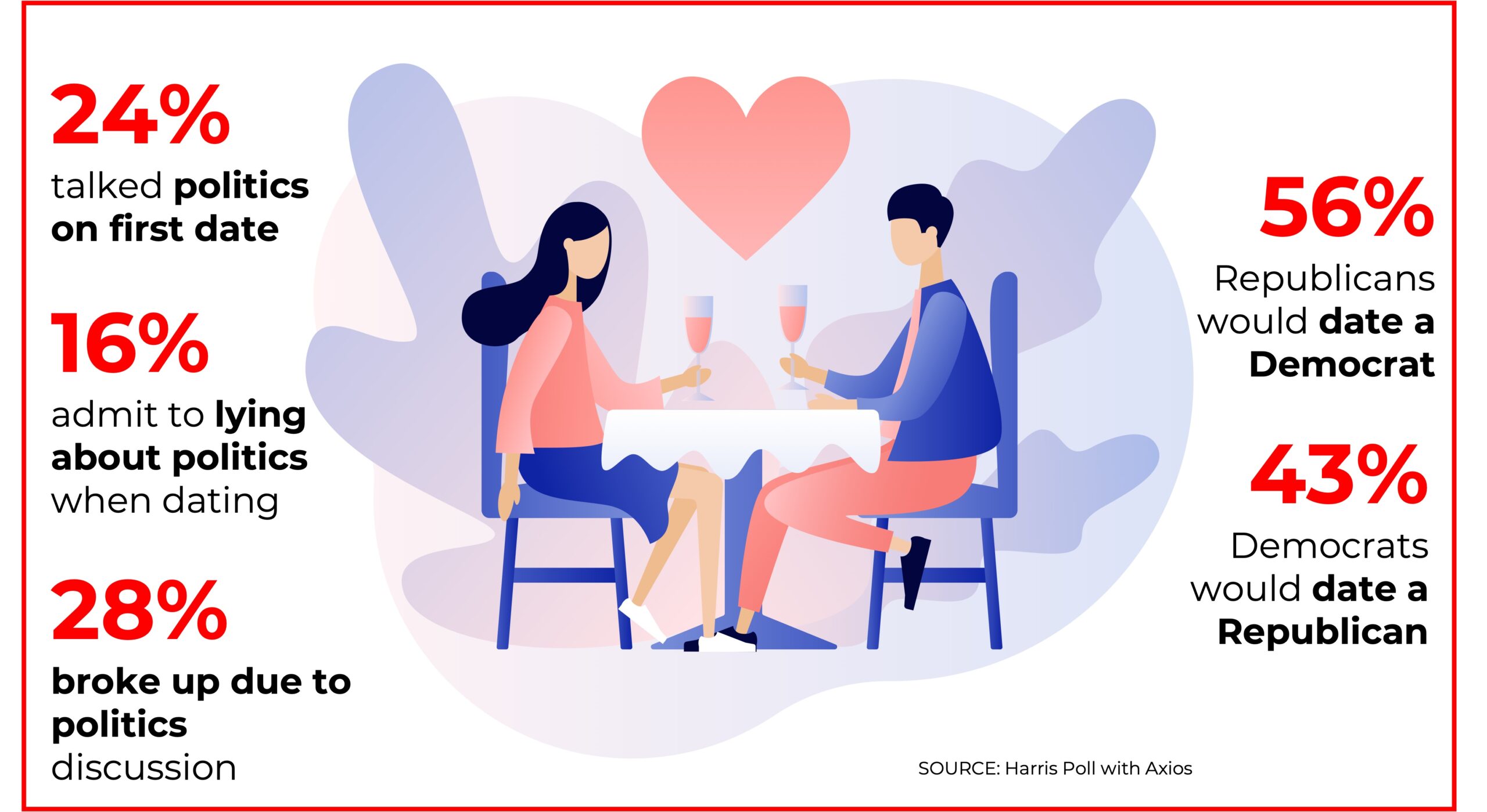
POLITICS AND ROMANCE
It seems politics no longer is a taboo subject when starting to date, our Harris Poll survey finds.
- 24% of Gen Z say they have been asked about political beliefs on a first date.
- 16% admit to lying about their beliefs.
- 28% of Gen Z have broken up with someone over political beliefs.
- 48% of Millennials and 49% of Gen X have been in a serious relationship with someone who has different political beliefs.
- 56% of Republicans say they would date a Democrat.
- 43% of Democrats say they would date a Republican.
FASHION FRIENDS IMPORTANT TO YOUNG SHOPPERS
Gen Z relies more heavily on others’ opinions when fashion shopping than any other generation, according to Harris Poll’s “Apparel & Fashion Industry Snapshot.”
- 34% of Gen Z say they always or often seek out another person’s opinion about an item – higher than 29% for Millennials, 15% for Gen X and 11% for Boomers.
- 48% of Gen Z say that they feel more confident purchasing items when they shop with someone they know than when shopping alone (compared with Millennials at 32%, Gen X at 29% and Boomers at 25%).
- Gen Z is more likely to purchase a fashion item if a family member (57%), significant other (57%), friend (56%), another shopper (41%) or a store associate (35%) recommends it.
- 23% of Gen Z say they are even more likely to purchase a fashion item if an AI tool recommends it.
- Overall, 69% of U.S. adults say that they are more likely to purchase a fashion item if it is less expensive than they anticipated.
- 24% say that they rarely purchase fashion items at full price.
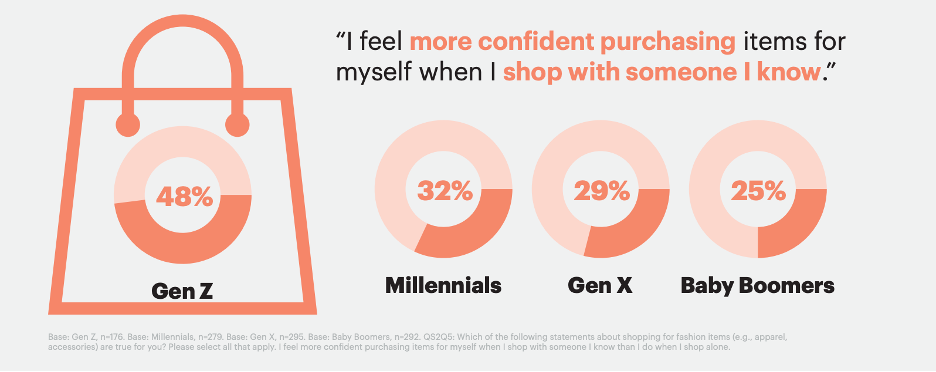
SLEEPLESS IN SUPPLY CHAINS
Supply chain issues were supposed to be fixed after COVID. Yet our Harris Poll survey with Prologis finds that 66% of executives today lose sleep over them.
- 86% of executives say, “rising economic and geo-political pressures are driving decisions on where to manufacture and store goods.”
- 87% say natural disasters, regulatory shifts and unexpected political events are consuming their time.
- Less than half of all executives feel adequately prepared for challenges like cybersecurity attacks (42%), technological disruptions (41%), regulatory changes (40%), labor market fluctuations (39%), trade wars (36%) or another global pandemic (34%).
ICYMI:
In case you missed it, check out the thought-leadership and happenings around Stagwell making news:
- Parents Aren’t Following Child Car Seat Best Practices, Poll Shows
- Craving Halloween Candy? Here Are The Top 5 States With The Biggest Sweet Tooth
- Outdated news advertising blocklists are a ‘real problem’
- Purpose Review: How Brands are Impacting Business & Culture
- Vinted: The struggle to maintain consumer confidence
Related
Articles
In the News, Press Releases, Thought Leadership
Oct 30, 2024
77% of CEOs Say the Election Will Impact their 2025 Business Strategy; 85% are Bullish on Investment in the Gulf Region, Reveals Stagwell (STGW) Survey
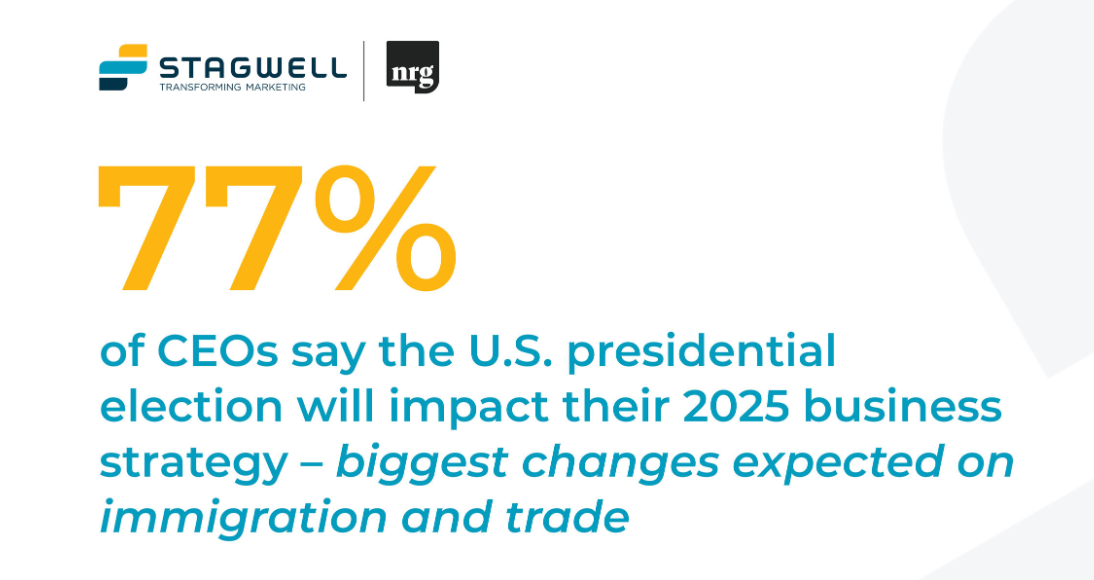
In the News, Press Releases, Talent & Awards
Sep 18, 2024
Stagwell (STGW) Appoints Sunil John as Senior Advisor, MENA, to Spearhead Regional Growth
Marketing Frontiers, Thought Leadership
Jul 26, 2024
Game On for In-Game Advertising? Four Things Marketers Should Know About Gaming
It's clear from dozens of Stagwell’s interviews with senior marketers…
Newsletter
Sign Up
By: Ray Day
CONTACT:
We wanted to share our latest consumer and business insights, based on research from Stagwell. Among the highlights of our weekly consumer sentiment tracking:
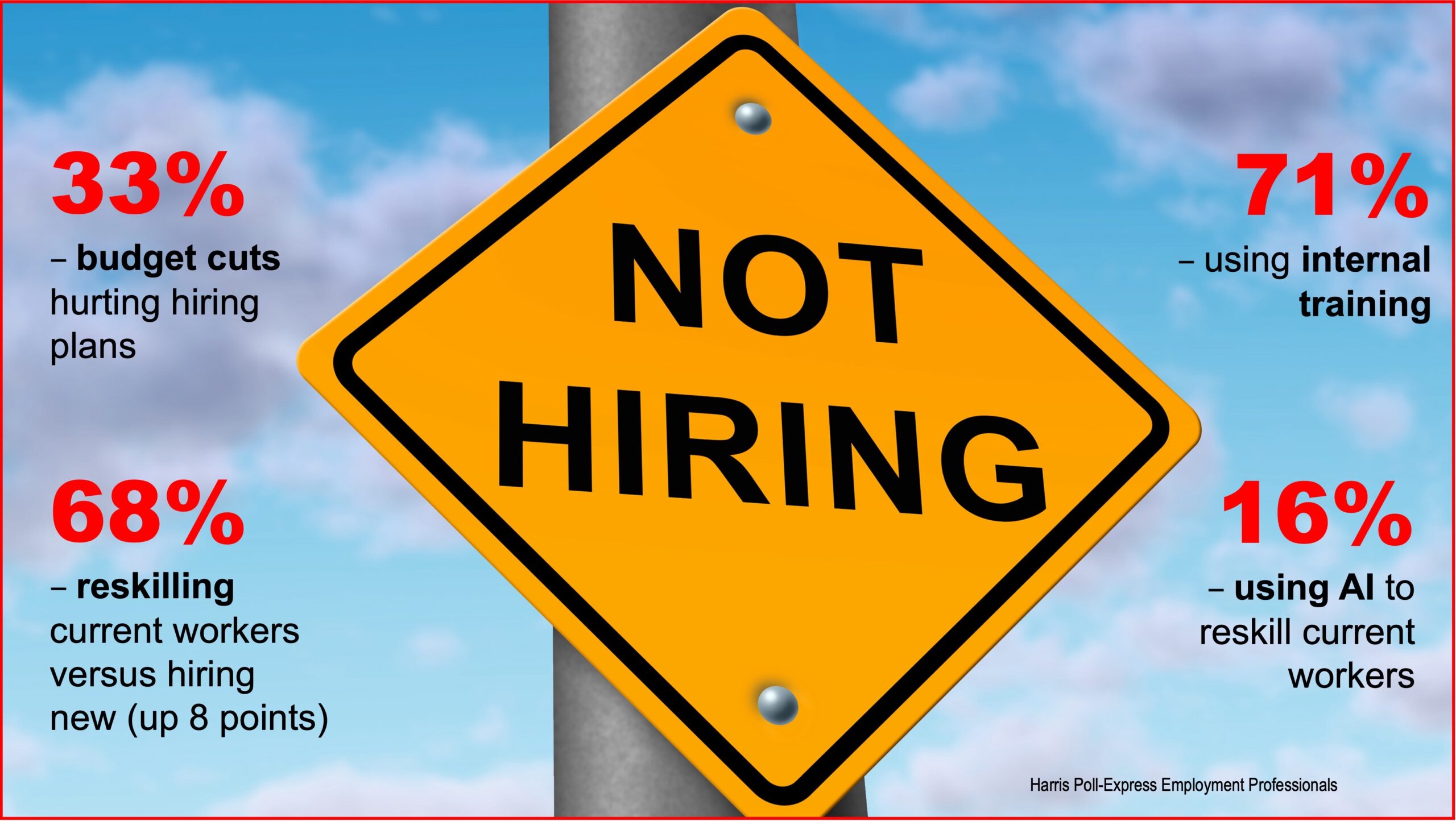
MOOD OF COUNTRY STEADY
Americans’ views of how things are going remained steady last month, according to our poll with the Center for American Political Studies at Harvard University.
- 30% of Americans say the country is on the right track (compared with 30% a month ago), and 30% say the economy is on the right track (compared with 32% last month).
- 48% say their personal financial situation is becoming worse (compared with 48% a month ago), while 26% say it is improving (compared with 24% a month ago).
- The presidential horse race remains 50-50 – with both presidential candidates winning their respective party bases. Male (50%), white (54%) and rural (59%) voters favor Trump, while Black (71%), urban (57%) and college-educated (52%) voters favor Harris. 33% of independent voters say they still are weighing their final choice.
- On the issues, Harris is seen as favoring open borders, compassionate enforcement of laws, free healthcare for immigrants and electric vehicles. Trump is viewed as a stronger ally to Israel, harsher on China and more of a defender of free speech on social media.
- See also: Converse takes off among liberal consumers after Harris becomes the Democratic nominee
HIRING FROM WITHIN
Hiring managers facing budget constraints are increasingly reskilling workers to manage costs and fill jobs, based on our Harris Poll survey with Express Employment Professionals.
- 33% of hiring managers say budget constraints or the inability to hire is responsible for stagnant or decreasing hiring plans.
- Rather than recruit new candidates, 68% of hiring managers plan to reskill employees this year, an 8-point increase from spring 2021.
- Most plan to offer company-led training sessions (71%) or on-the-job training by other employees (62%).
- Some will utilize third-party training courses (46%) or artificial intelligence (16%).
- See also: Upskilling is the future’s new currency
80 IS THE NEW 60
Older adults outnumber people under 18 for the first time in American history – and what’s considered “old” is being redefined, according to our Harris Poll research with Age Wave.
- The definition of “old” has been pushed back 20 years, driven by a new breed of older adults.
- 71% of those aged 65+ believe that the best time of their lives is now or yet to come.
- 83% of adults 65+ say it’s more important to feel “useful” rather than “youthful” in their retirement years.
- 71% of adults 50+ say they would take a pill that would give them an extra 50 healthy years.
ICYMI
In case you missed it, check out the thought-leadership and happenings around Stagwell making news:
- Why the world is falling in love with anime
- Grocery items with seasonal branding tend to have the greatest impact on shopper habits
- Fashion Nova: This fast fashion giant could teach a class on social media marketing
- Brands Seeking Loyalty And Cultural Relevance Must Prioritize Community
- Americans Are Actually More Unified on Political Issues Than We Think
- Join Harris Poll’s support of the Greatest American Cleanup
Related
Articles
In the News, Press Releases, Thought Leadership
Oct 30, 2024
77% of CEOs Say the Election Will Impact their 2025 Business Strategy; 85% are Bullish on Investment in the Gulf Region, Reveals Stagwell (STGW) Survey

In the News, Press Releases, Talent & Awards
Sep 18, 2024
Stagwell (STGW) Appoints Sunil John as Senior Advisor, MENA, to Spearhead Regional Growth
Marketing Frontiers, Thought Leadership
Jul 26, 2024
Game On for In-Game Advertising? Four Things Marketers Should Know About Gaming
It's clear from dozens of Stagwell’s interviews with senior marketers…
Newsletter
Sign Up
By: Ray Day
CONTACT:
We wanted to share our latest consumer and business insights, based on research from Stagwell. Among the highlights of our weekly consumer sentiment tracking:
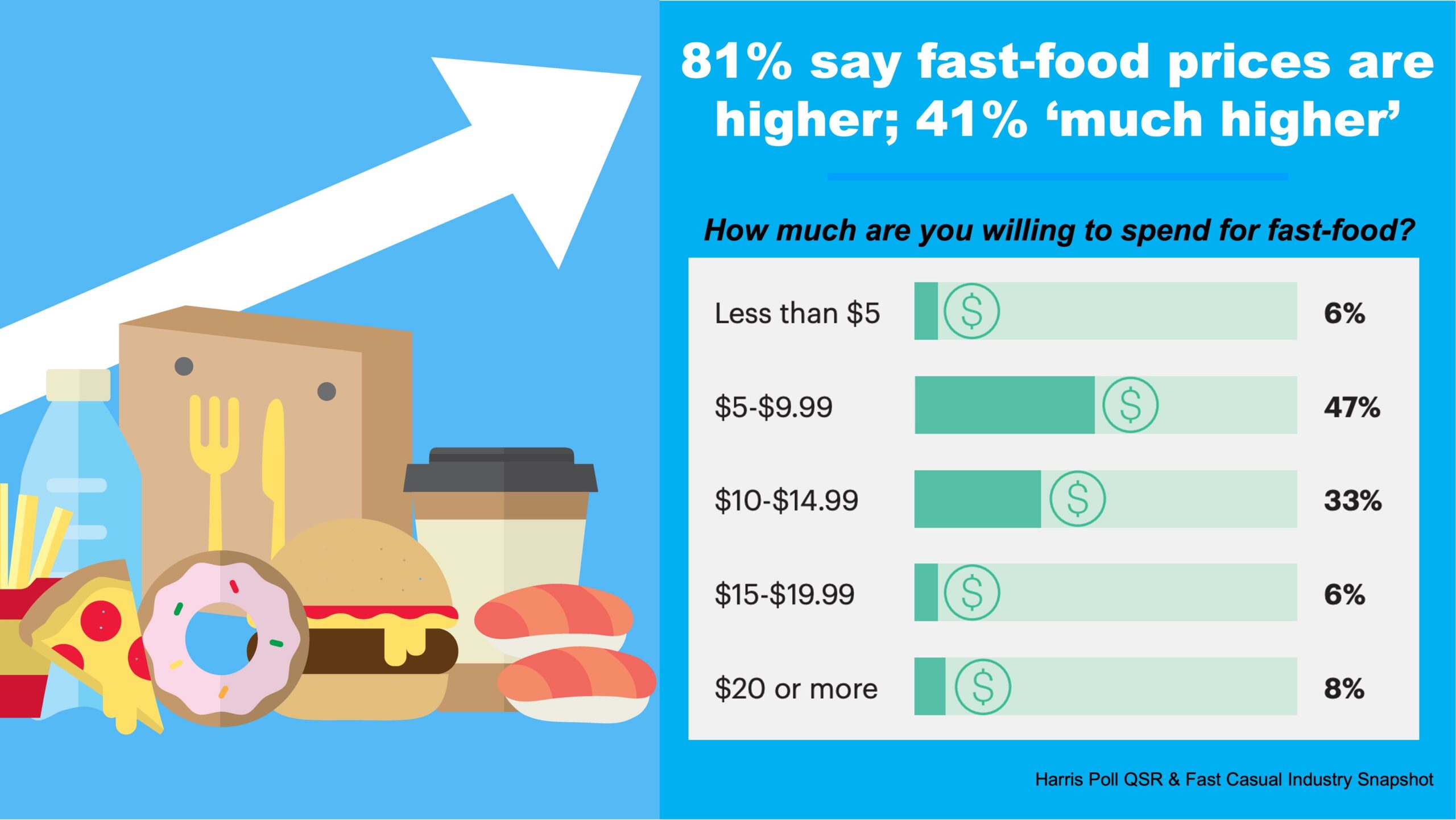
YOUNG PEOPLE ASK, ‘CAN YOU HEAR ME NOW?’
Young Americans are feeling left out of this year’s U.S. presidential election, based on our Harris Poll survey with UNICEF.
- 53% of those ages 14 to 22 feel excluded from the U.S. political process.
- 73% say their opinions do not matter to elected officials.
- 81% feel people in positions of power do not care about what young people have to say.
- Young people believe cost of living/housing affordability (60%), immigration (39%) and global conflict (35%) are the most important issues facing the country.
- 80% think people their age can make a difference, and 64% are engaging politically in some way.
AMERICANS EATING OUT LESS AS PRICES RISE
Fast food has long been an affordable meal option for busy families. Yet 8 in 10 Americans today are noticing steep price hikes, based on our latest Harris Poll “QSR & Fast Casual Industry Snapshot.”
- 32% of U.S. adults agree that quick service restaurants (QSRs) offer affordable meal options.
- 36% say price is the most important factor when eating out.
- 81% who have ordered from QSRs at least once in the last year say prices are higher – and 41% describe prices as “much higher.”
- 35% also have noticed “shrinkflation” – reducing the quantity or size of an item without reducing the price.
- What do most consumers consider to be a fair fast-food meal price? 47% say $5-$9.99.
- Men are willing to pay more: 38% of men say that $10-$14.99 is a fair price for a full meal (compared with 29% of women).
- Price hikes are taking a toll: 45% are eating out less now than they did a year ago.
- See also: Consumers want to pay $1 for a chocolate bar, $2 for a bag of chips and $3 for a gallon of gas
1 IN 3 STALLING ON STUDENT DEBT PAYMENTS
Nearly 43 million Americans have student loan debt, and 1 in 3 are foregoing repayments in hopes of government-funded forgiveness, according to our Harris Poll survey with NerdWallet.
- 31% of student loan borrowers say they have slowed repayment of their loan, hoping the federal government will reduce or forgive the loans.
- 23% have stopped their student loan payments completely for the same reason.
- 25% say they are concerned the courts will reverse recent student loan forgiveness efforts.
- 22% say student loan forgiveness is one of the most important issues when choosing a presidential candidate.
ICYMI
In case you missed it, check out the thought-leadership and happenings around Stagwell making news:
- Can Americans once more swell the chorus of union?
- Why brands shouldn’t dismiss advertising alongside news content
- How the new NFL app keeps you hooked on football all week
- ARound, Minnesota United FC and Target Unveil First-Ever In-Stadium AR Experience in Major League Soccer
- Stagwell’s Mark Penn on polling, politics and media
- Why a Global Mindset Is Indispensable in Today’s Interconnected Reality
Related
Articles
In the News, Press Releases, Thought Leadership
Oct 30, 2024
77% of CEOs Say the Election Will Impact their 2025 Business Strategy; 85% are Bullish on Investment in the Gulf Region, Reveals Stagwell (STGW) Survey

In the News, Press Releases, Talent & Awards
Sep 18, 2024
Stagwell (STGW) Appoints Sunil John as Senior Advisor, MENA, to Spearhead Regional Growth
Marketing Frontiers, Thought Leadership
Jul 26, 2024
Game On for In-Game Advertising? Four Things Marketers Should Know About Gaming
It's clear from dozens of Stagwell’s interviews with senior marketers…
Newsletter
Sign Up
By: Ray Day
CONTACT:
We wanted to share our latest consumer and business insights, based on research from Stagwell. Among the highlights of our weekly consumer sentiment tracking:
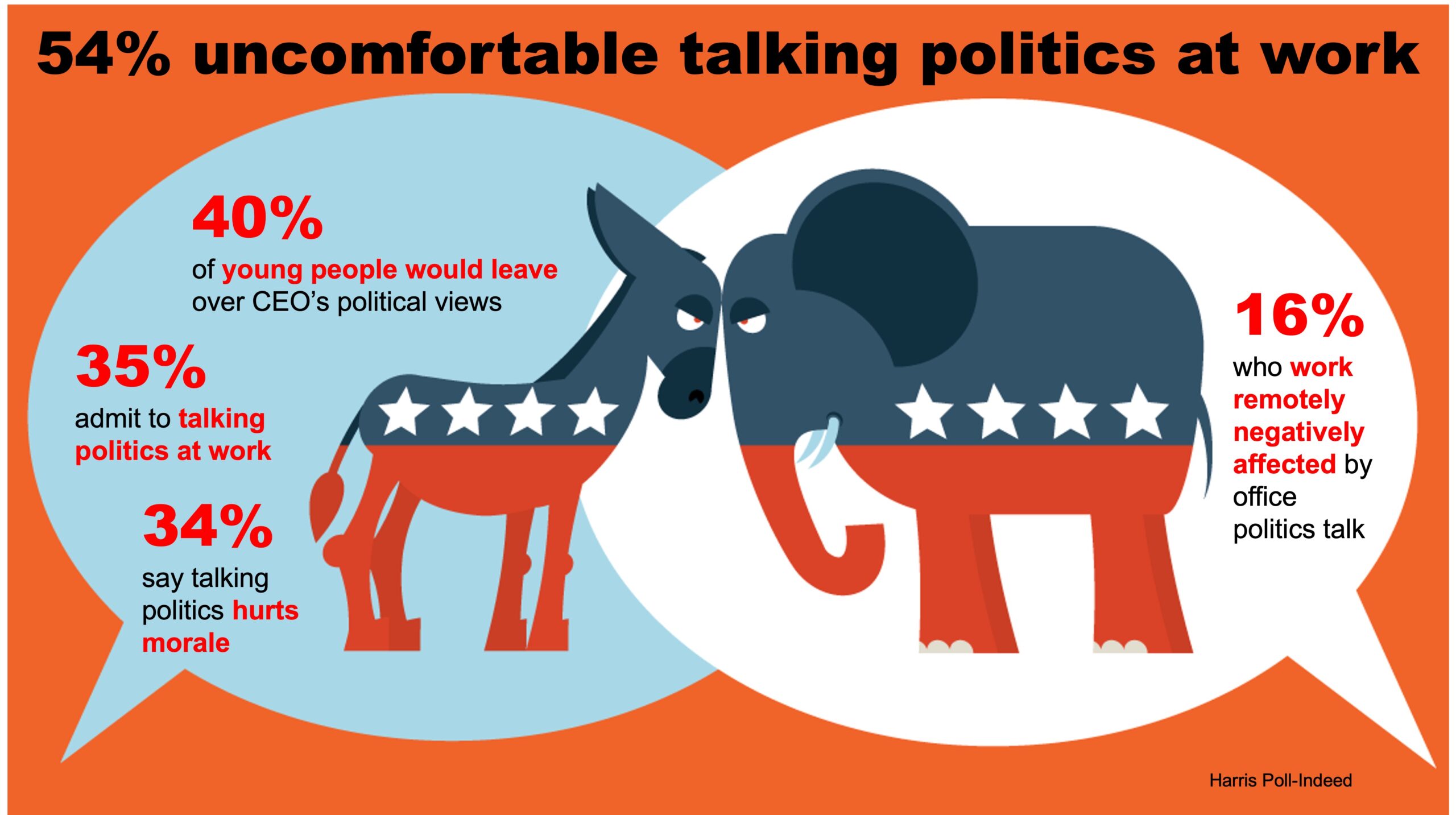
BILLIONAIRES = BAD, AMERICANS SAY
Americans are falling out of love with billionaires as the demand to address inequality grows, according to our latest Harris Poll research in Fortune.
- 59% of Americans believe that billionaires are creating a more unfair society.
- 71% deem wealth inequality a severe national issue – up 5 points from 2022.
- 58% blame billionaires for accelerating inflation.
- 62% believe “America has become a backyard for rich people.”
- While 46% don’t believe in limiting wealth, 69% suggest taxing the rich – with 80% of Gen Z in favor.
EMPLOYEES VOTE POLITICS OUT OF THE WORKPLACE
A CEO’s politics is a deal-breaker for Gen Z and Millennial employees, based on our Harris Poll research with Indeed.
- 54% are uncomfortable when politics come up in workplace discussions.
- 40% of Gen Z and Millennial workers would leave their company if its CEO expressed political views with which they disagree.
- Nearly 40% of workers in the same age range also would leave their jobs due to political differences in the workplace.
- 35% admit to openly discussing politics in their workplace.
- 44% have overheard colleagues discussing politics at work.
- 34% say politics in the workplace has negatively affected team morale.
- 16% admit to avoiding colleagues who had different political views from them.
- 39% have felt pressure to conform to certain political views at work.
- 39% have been discriminated against or harassed at work for their political views.
- Even 16% who work remotely have seen signs of a colleague’s political affiliation during a videoconference, such as mugs featuring a political party logo or a campaign sticker for a candidate.
RENTING IS RISING
The trend of under-consumption is making renting more popular for everything from clothes and furniture to cars and sporting equipment, according to our Harris Poll research with Credit Karma.
- 28% of Americans rent or lease goods/services, including a car (17%), clothing/accessories (9%), electronics (8%) and furniture (7%).
- When factoring in housing, the percentage of American renters/leasers is now at 47%.
- 58% of those who rent or lease goods/services do so as a personal choice.
- What’s driving the decision to rent/lease? Top reasons include: flexibility that renting allows (35%); being better able to save money (31%); wanting to try things out first before deciding whether to make a purchase (27%); and avoiding overconsumption (21%).
- 58% who rent/lease goods or services say they find more value in renting than buying.
- 64% do not subscribe to the notion that renting translates to throwing away money.
SPORTS COACHES ARE KEY TO YOUTH CHARACTER
Nearly all parents (93%) agree that kids can learn important life skills from playing sports, yet four out of five parents also believe there is a shortage of high-caliber coaches today, based on our Harris Poll survey with youth development organization First Tee.
- 89% of parents feel character is a lost value that should be more emphasized in today’s society – 4 points higher than last year.
- 93% of parents believe children learn important life skills from playing sports.
- Parents believe coaches are essential to youth development, including teaching kids character, self-confidence, determination and leadership.
- 83% wish their child had more access to well-trained coaches.
- 94% of parents prefer coaches who have been background-checked.
- 74% of parents say their kids are involved in extracurricular activities, on par with last year.
ICYMI
In case you missed it, check out the thought-leadership and happenings around Stagwell making news:
- CCOs needed: Take Ragan and HarrisX’s 4th annual CEO/CCO Perceptions Survey
- Remember, tech needs marketing more than marketing needs tech
- Navigating the AI tipping point for audio streamers
- Walmart’s new private label brand has done more than spur spending among Millennials
- Axios Vibes: Dems close enthusiasm gap among Latinos
- Stagwell’s Code and Theory, Colle McVoy Lead Digital and Brand Relaunch of The Minnesota Star Tribune
Related
Articles
In the News, Press Releases, Thought Leadership
Oct 30, 2024
77% of CEOs Say the Election Will Impact their 2025 Business Strategy; 85% are Bullish on Investment in the Gulf Region, Reveals Stagwell (STGW) Survey

In the News, Press Releases, Talent & Awards
Sep 18, 2024
Stagwell (STGW) Appoints Sunil John as Senior Advisor, MENA, to Spearhead Regional Growth
Marketing Frontiers, Thought Leadership
Jul 26, 2024
Game On for In-Game Advertising? Four Things Marketers Should Know About Gaming
It's clear from dozens of Stagwell’s interviews with senior marketers…
Newsletter
Sign Up
By: Ray Day
CONTACT:
We wanted to share our latest consumer and business insights, based on research from Stagwell. Among the highlights of our weekly consumer sentiment tracking:
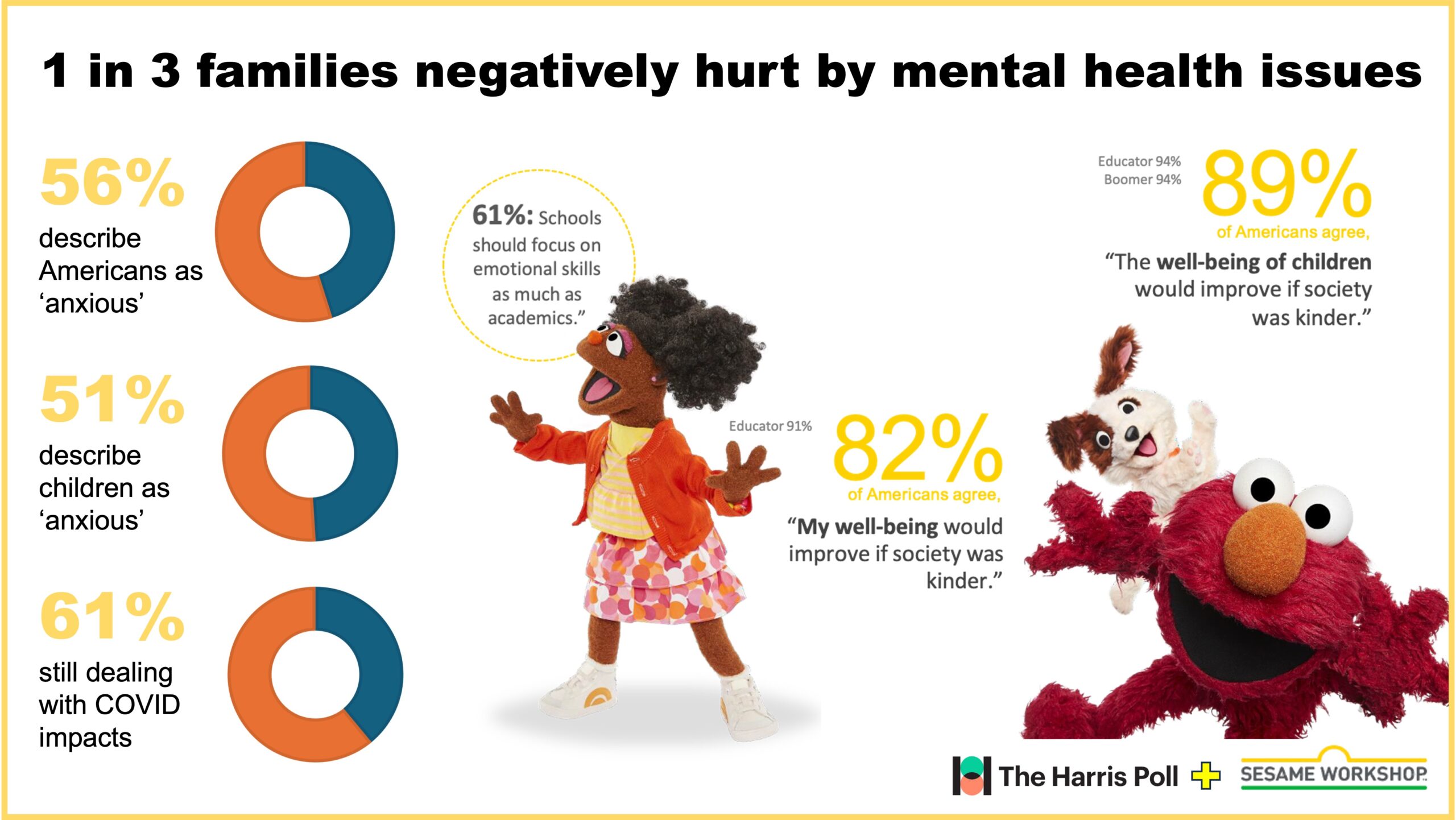
MENTAL HEALTH NOW AS IMPORTANT AS FINANCES
When Elmo tweeted “Elmo is just checking in! How is everybody doing?” on social media earlier this year, the consensus was clear: people are struggling. Based on our new Harris Poll research with Sesame Workshop, Americans now rank mental health on par with economic stability in terms of importance.
- 1 in 3 parents say their family’s well-being is negatively affected by mental health issues – jumping to 1 in 2 for families with teens.
- 61% of parents say their family is still experiencing negative effects from the COVID-19 pandemic.
- 56% describe their fellow Americans as “anxious.”
- 55% say the average American is “kind,” and 59% feel the average American is “resilient.”
- 82% believe their well-being would improve if society were kinder.
- 8 in 10 Americans feel the news media play an important role in promoting kindness.
- 84% say it’s important to have more kindness-focused characters in children’s shows, rising to 93% of educators.
- 67% “wish my parents had been more honest with me about their mental health struggles.”
- 82% of Gen Z and Millennials “wish I had been taught more about how to understand and manage my emotions as a child,” compared with 65% of older generations.
- 63% of Gen Z and Millennials believe schools should focus on social and emotional skills just as much as academics.
KIDS EXPECT MORE INHERITANCE THAN IS COMING
More Americans are expected to turn 65 now through 2027 than in any time in history, and many of their kids have outsized expectations of an inheritance, based on our Harris Poll survey with Northwestern Mutual.
- While 32% of Millennials and 38% of Gen Z expect an inheritance, 22% of Gen X and Boomers plan on giving one.
- Cash-strapped Millennial families are the likeliest (59%) to say an inheritance is “highly critical” to their financial security.
- 75% of Gen Z and 81% of Millennials say leaving an inheritance is their single most important financial goal (versus 46% for Gen X and Boomers).
1 IN 3 WORRY ABOUT JOB LOSS
Employed job seekers increasingly fear they will lose their jobs before finding a new one, according to our Harris Poll survey with Express Employment Professionals.
- A third of employed job seekers report concerns about unexpected layoffs, up from 28% in the fall of 2023 and 24% in the spring of 2023.
- 44% say an even bigger fear is not receiving a salary increase or raise they deserve at their current company.
- 46% of employed job seekers list the top reasons for a job search as better compensation (46%), better work/life balance (41%) and better growth opportunities in their industry (41%).
ONLINE BANKS HAVE A TRUST ISSUE
A significant trust gap exists for online-only banks, based on our Harris Poll study with Apiture.
- More than half of Americans trust large or local banks and credit unions, while 35% trust online-only banks.
- 40% say they have experienced identity theft or fraud, such as data breaches that compromise personal information or phishing attempts.
- 87% say financial institutions should invest in more significant cybersecurity measures, including enhanced security protocols.
- 91% regularly review their financial statements for unusual activity or unauthorized transactions.
ICYMI
In case you missed it, check out the thought-leadership and happenings around Stagwell making news:
- The State of Maternal Health in America Report
- Food & Beverage: An Industry Snapshot
- The State of Cloud Physical Security
- How Culturally Relevant is Your Brand?
- Doner pledges $1 million to hire Detroit talent as part of broader #HireDetroit program
Related
Articles
In the News, Press Releases, Thought Leadership
Oct 30, 2024
77% of CEOs Say the Election Will Impact their 2025 Business Strategy; 85% are Bullish on Investment in the Gulf Region, Reveals Stagwell (STGW) Survey

In the News, Press Releases, Talent & Awards
Sep 18, 2024
Stagwell (STGW) Appoints Sunil John as Senior Advisor, MENA, to Spearhead Regional Growth
Marketing Frontiers, Thought Leadership
Jul 26, 2024
Game On for In-Game Advertising? Four Things Marketers Should Know About Gaming
It's clear from dozens of Stagwell’s interviews with senior marketers…
Newsletter
Sign Up
By: Ray Day
CONTACT:
We wanted to share our latest consumer and business insights, based on research from Stagwell. Among the highlights of our weekly consumer sentiment tracking:
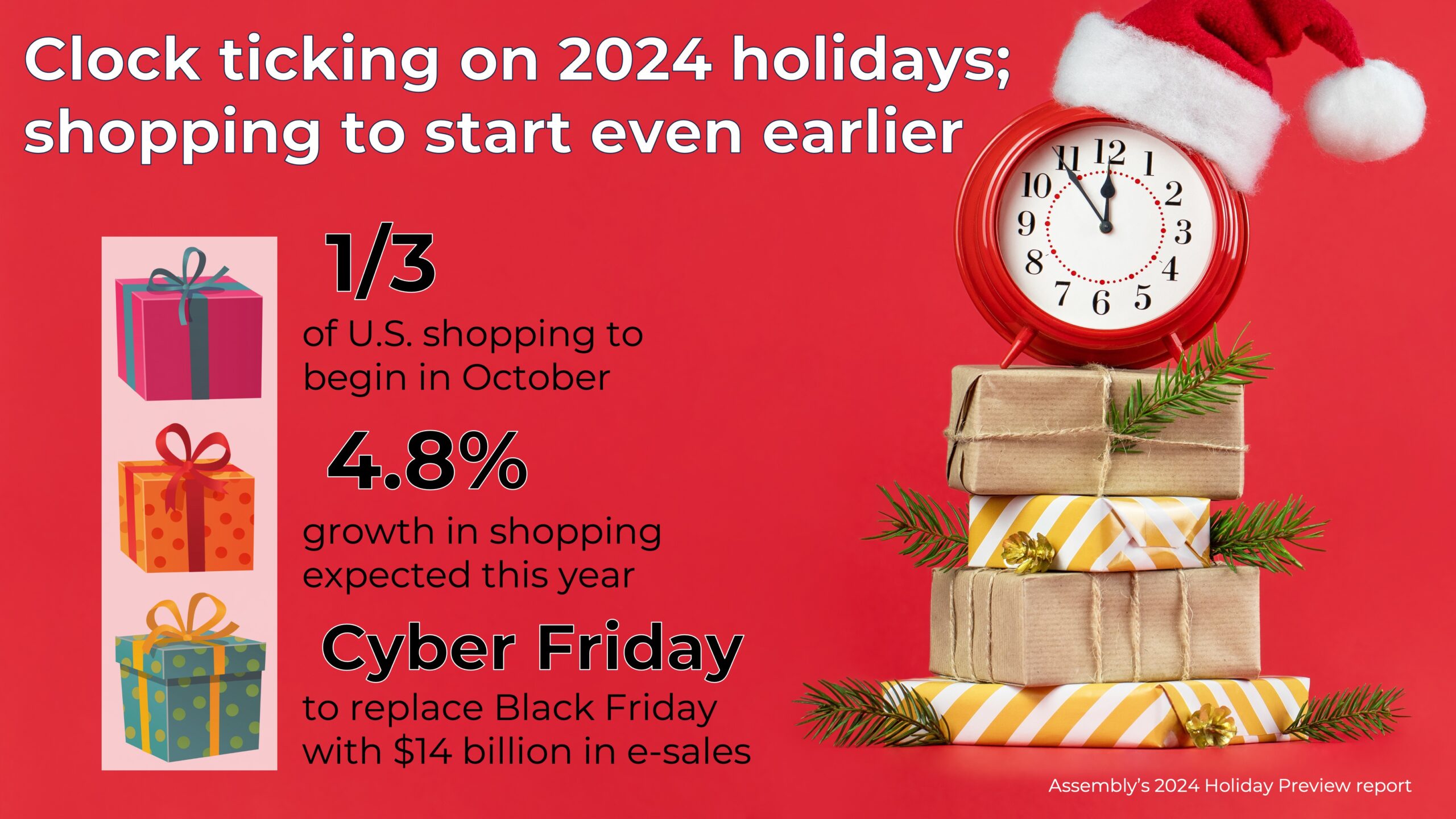
PARENTS EMBRACE SECOND-HAND BACK-TO-SCHOOL SHOPPING
A majority of parents bought used clothes last year, and it’s part of their back-to-school shopping this year, according to our Harris Poll research in AdAge.
- 40% of parents find styles they like while thrifting.
- 80% of parents say wearing vintage clothing is trendy.
- 7 in 10 parents of school-age children (and 67% of those who aren’t) say more brands should integrate secondhand items into their collections.
- Other money-saving approaches mentioned by back-to-school shoppers included shopping sales (52%), using coupons (32%) and seeking out free options for school supplies (22%).
- Read more: How to Master Thrifty Back-to-School Shopping
HOLIDAY SHOPPERS START EVEN EARLIER
No matter which holiday they celebrate around the world this year – from Ramadan and Christmas to Diwali – consumers are shopping earlier than ever, according to Assembly’s 2024 Holiday Preview. Among the insights:
- In the U.S., modest 4.8% growth in holiday spending is predicted – with an emphasis on everyday items. E-commerce sales will grow 9.5%, and brick and mortar sales will increase 3.7%.
- Physical stores will be important again – serving as showrooms for product demonstrations and dialogue with in-store experts.
- Black Friday will become Cyber Friday – with $14 billion in e-commerce sales that day alone.
- One-third of holiday shopping will begin in October.
- Consumers can expect deep discounts well before Halloween since there are only 27 days between Thanksgiving and Christmas.
- Specialized stores are seeing the strongest growth as the 2024 holiday season begins – with 4.3% year-over-year growth last quarter, followed by clothing (+3.8%) and electronics (+2.2%). Decliners are home and furniture (-4.4%), and building materials (-2.3%).
- In other parts of the world, UK consumers are the most optimistic entering the holiday season – with 46.8% expecting better personal finances during the next 12 months, compared with 37.6% in Germany and 29.7% in France.
AI HAS A TRUST ISSUE
Americans are skeptical of the U.S. government’s current approach to AI regulations, based on our Harris Poll research with Collibra.
- 76% support federal regulations to oversee the technology’s evolution (75% for state regulations).
- The biggest threats Americans cite as necessitating AI regulation include privacy concerns (64%), safety and security risks (64%), misinformation (57%), and ethical use and accountability (57%).
- Among business decision-makers, 88% have “a lot” or a “great deal” of trust in their own companies’ approach to AI regulations.
- Decision-makers at large companies (87%) are more likely than those at small companies (55%) to trust AI today.
GEN Z UNWARE OF FOOD RECALLS
Young consumers who rely on social media for news are missing information on critical food recalls, according to our Harris Poll survey with Fast Company.
- Boomers were most likely to hear about food recalls in the past year (69%), followed by Gen X (52%), Millennials (39%) and Gen Z (26%).
- Millennials (47%) and Gen Z (42%) were far more likely to say they would avoid a retailer associated with a recall than Boomers (28%).
- 72% of consumers say they feel informed about the quality of the food they buy (64% for Gen Z and 76% for Boomers).
MYTHS AFFECT HOME-BUYING
Buying a home can be daunting, yet many misconceptions are causing unneeded fear, based on our Harris Poll study with KB Home.
- 54% of Americans believe mortgage rates are at an all-time high. (They’re not).
- 56% can identify the meaning of APR.
- 54% know what PMI is – with Gen Z and Millennials least likely.
- Only 36% know that a minimum down payment of 20% is not required to purchase a home.
- Only 28% know someone could qualify for a mortgage with a credit score in the 500s.
ICYMI
In case you missed it, check out the thought-leadership and happenings around Stagwell making news:
- Breaking down the Fall Out: Google Antitrust Ruling Impact
- 20 brands catching Baby Boomer’s attention right now
- Wendy’s wins over Gen Z with affordability…and chicken
- For many Americans, social security worries steer voting in presidential election
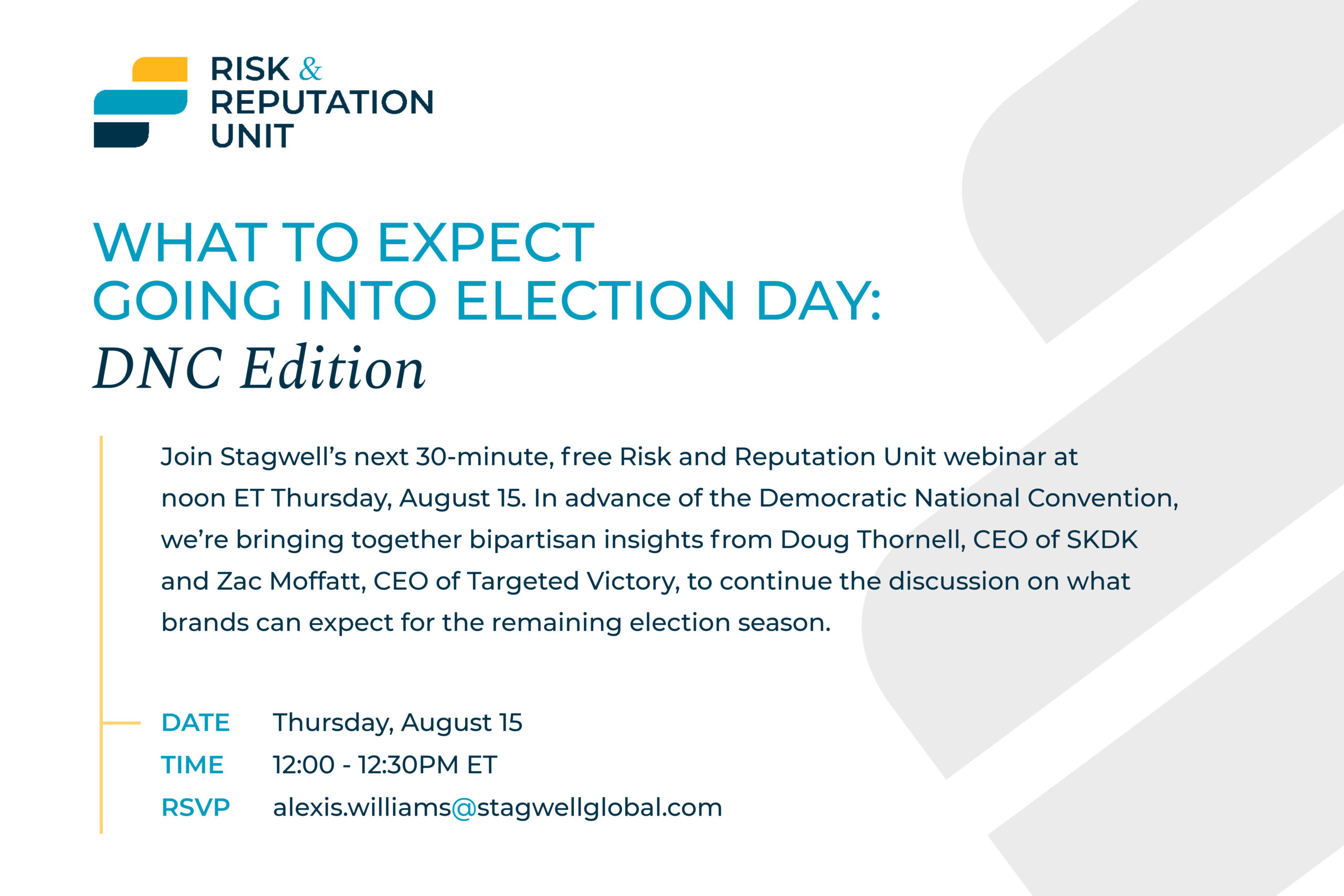
Related
Articles
In the News, Press Releases, Thought Leadership
Oct 30, 2024
77% of CEOs Say the Election Will Impact their 2025 Business Strategy; 85% are Bullish on Investment in the Gulf Region, Reveals Stagwell (STGW) Survey

In the News, Press Releases, Talent & Awards
Sep 18, 2024
Stagwell (STGW) Appoints Sunil John as Senior Advisor, MENA, to Spearhead Regional Growth
Marketing Frontiers, Thought Leadership
Jul 26, 2024
Game On for In-Game Advertising? Four Things Marketers Should Know About Gaming
It's clear from dozens of Stagwell’s interviews with senior marketers…
Newsletter
Sign Up
By: Ray Day
CONTACT:
We wanted to share our latest consumer and business insights, based on research from Stagwell. Among the highlights of our weekly consumer sentiment tracking:
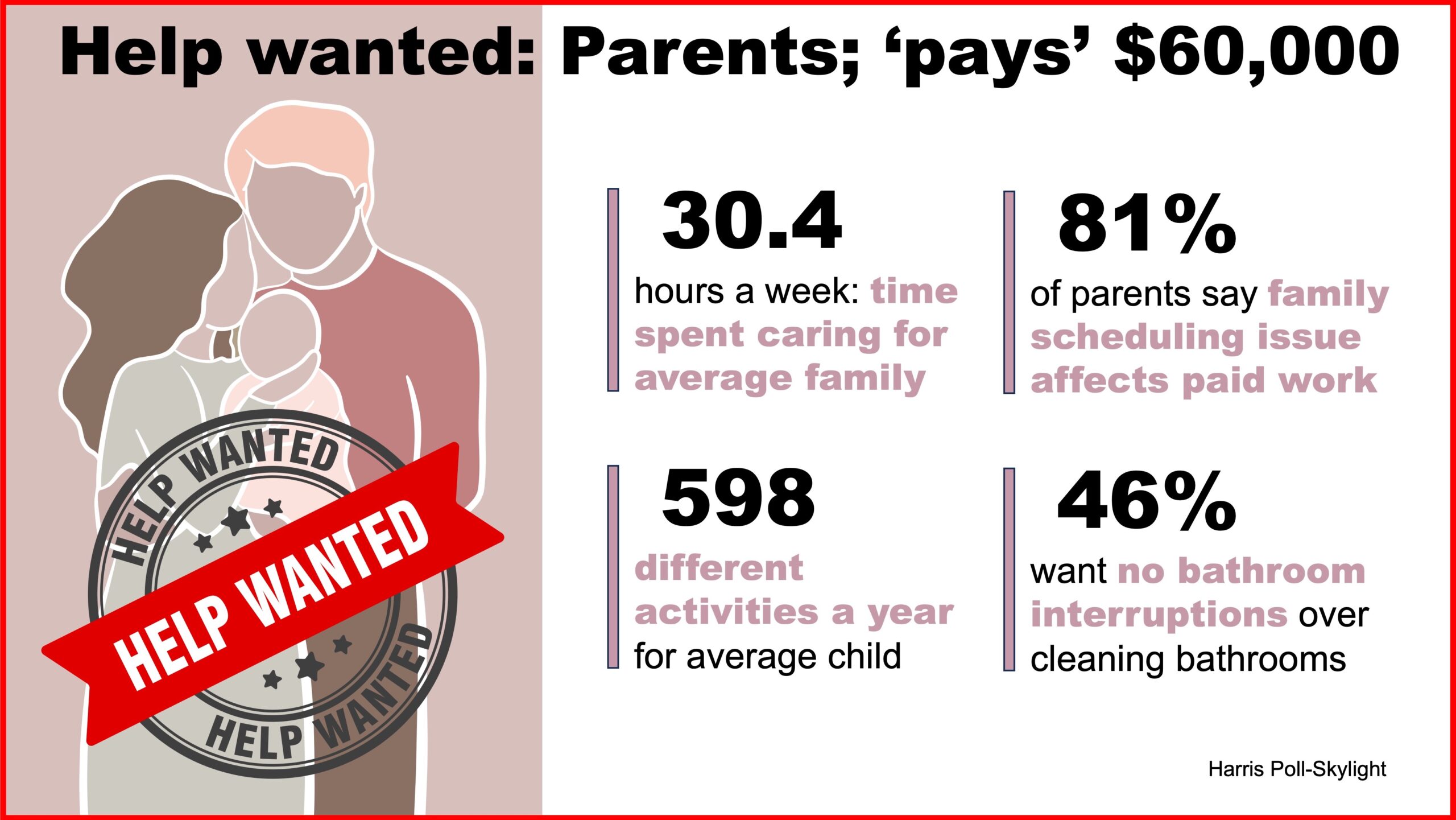
MOOD OF COUNTRY IMPROVES
Americans’ views of how things are going improved from last month, according to our poll with the Center for American Political Studies at Harvard University.
- 30% of Americans say the country is on the right track (compared with 28% a month ago), and 32% say the economy is on the right track (compared with 29% last month).
- 48% say their personal financial situation is becoming worse (compared with 52% a month ago), while 24% say it is improving (compared with 23% a month ago).
- Regarding the presidential election, 79% approve of President Biden’s decision to not run again, and 55% approve of his endorsement of Vice President Harris.
- Compared with June, more Democrats say they would vote for the Democratic candidate (+5 points), and fewer Independents are unsure of whom they would vote for (-10 points).
- On the other side, 89% of Republicans and 79% of Independents support GOP platform initiatives like protecting Social Security and Medicare, ending inflation, and stopping violence and crime.
HELP WANTED – PARENTS
Parenting should pay $60,000 a year, according to our Harris Poll survey with Skylight.
- Parents of minors say managing a household consumes 63% of their brain space on a given day and totals as much as 30 hours per week.
- This time and intensity are the equivalent of $60,000 per year if parenting were a paying job.
- 81% of parents say a family scheduling issue has affected them at work.
- 58% spend more time managing parenting logistics than experiencing the joys of parenting.
- More mothers (78%) are the default parent than fathers (58%) – and they also are the first to be contacted by schools (80% for mothers versus 60% for fathers) and children themselves (86% for mothers versus 62% for fathers).
- Even in dual-income households, mothers are the primary caregivers (64% for mothers versus 40% for fathers).
SOCIAL MEDIA ‘DE-INFLUENCER’ TREND GROWS
The trend of social media users revolting against influencers is affecting consumer buying habits, according to our Harris Poll study with Credit Karma.
- 38% of Americans have purchased products advertised on social media in the past year.
- 69% say they have been “de-influenced,” meaning they have chosen not to purchase items on social media.
- The top reason is lack of trust in influencers promoting products (32%), followed by too many counterfeit products (28%), social media overconsumption (26%) and being overwhelmed by how many products are advertised on social media (19%).
- More Gen Z consumers (88%) have been de-influenced, with 38% attributing it to unhealthy levels of overconsumption.
BUSINESS LEADERS WANT BETTER THOUGHT LEADERSHIP
While 90% of executives are hungry for thought leadership for their business, only 20% find efforts today to be effective, according to the Harris Poll’s new thought-leadership report.
- 90% of business leaders consume thought leadership themselves, and 93% view it as “an indicator of a category or industry leader.”
- 92% want thought leadership to attract new customers, talent or investment.
- Yet 83% feel most thought leadership today does not have a measurable impact.
- For better thought-leadership: 79% believe it should include more third-party validation; 94% believe custom research makes it stronger; and 86% say it needs to be more creative with new ideas that show how the company is “seeing around corners.”
ICYMI
In case you missed it, check out the thought-leadership and happenings around Stagwell making news:
- Playtime is Over: Google Ends the Privacy Sandbox Experiment
- Four Things Marketers Should Know About Gaming
- Survey shows smartphone app coupons used twice as much as paper circular coupons
- Cost-conscious Gen Z shoppers look to Costco for supersized savings
- Ragan and HarrisX unveil 4th annual CEO/CCO Perceptions Survey

Related
Articles
In the News, Press Releases, Thought Leadership
Oct 30, 2024
77% of CEOs Say the Election Will Impact their 2025 Business Strategy; 85% are Bullish on Investment in the Gulf Region, Reveals Stagwell (STGW) Survey

In the News, Press Releases, Talent & Awards
Sep 18, 2024
Stagwell (STGW) Appoints Sunil John as Senior Advisor, MENA, to Spearhead Regional Growth
Marketing Frontiers, Thought Leadership
Jul 26, 2024
Game On for In-Game Advertising? Four Things Marketers Should Know About Gaming
It's clear from dozens of Stagwell’s interviews with senior marketers…
Newsletter
Sign Up
By: Ray Day
CONTACT:
We wanted to share our latest consumer and business insights, based on research from Stagwell. Among the highlights of our weekly consumer sentiment tracking:
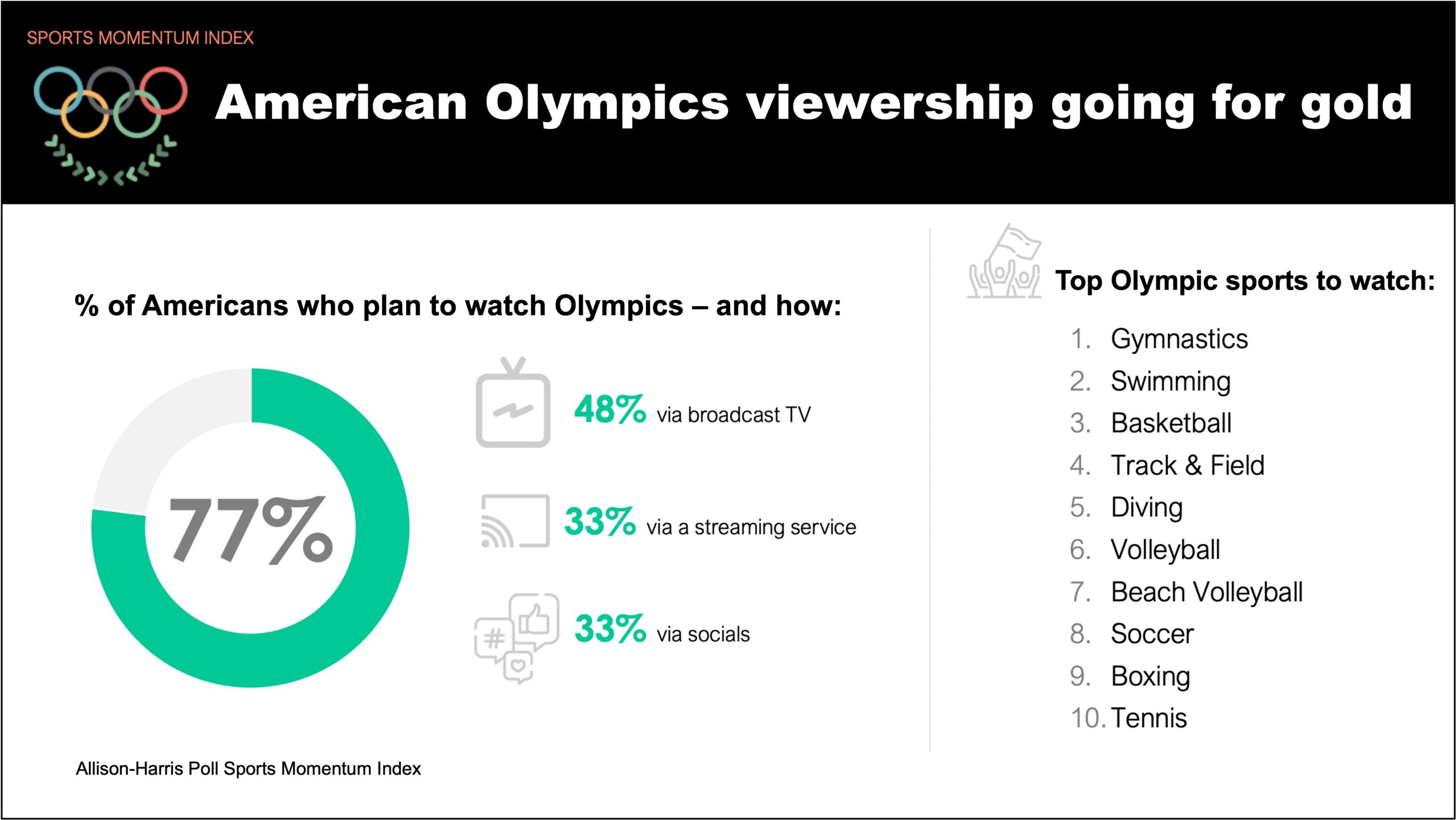
OLYMPIC VIEWERSHIP GOING FOR THE GOLD
The 2024 Olympics games are here, and Americans are tuning in, based on the latest Sports Momentum Index from Allison and The Harris Poll.
- 77% plan to watch or follow Olympic coverage – via broadcast TV (48%), streaming (33%) or social media (33%).
- The most popular sports for Americans to watch (in order): Gymnastics, swimming, basketball, track & field, diving, volleyball, beach volleyball, soccer, boxing and tennis.
- New Olympic sports also are generating strong interest: 32% are interested in watching breaking, 36% surfing, 37% skateboarding and 26% sport climbing.
- Olympian Shaun White’s launch of the Snow League last month is turning heads.
- American professional sports with the highest scores on July’s Sports Momentum Index are: National Football League (62.07 – up 7.7 points from February); World Surf League (55.77 – up 1.4 points); Major League Baseball (55.66 – up 6.9 points); Snow League (55.66 – new); and Professional Women’s Hockey League (54.02 – down 2.6 points).
- See also: Olympic viewership and the launch of Shaun White’s Snow League
YOUNG VOTERS SEE GENERATION GAP
Americans today believe older leaders cannot fully comprehend the needs of younger generations, based on our Harris Poll “The Next Big Think!” research.
- 78% of Americans believe many political leaders are too old to accurately represent the desires of younger Americans.
- 67% believe older generations are blocking the way for younger leaders (71% for Gen Z, 74% for Millennials, 68% for Gen X and 56% for Boomers).
ONLY 1 IN 5 CONFIDENT ABOUT RETIRING
While many issues dominate the upcoming presidential election, our Harris Poll survey with Transamerica Institute shows U.S. workers are more concerned than ever about retirement.
- Only 20% of Americans say they are very confident they can fully retire with a comfortable lifestyle.
- 73% are concerned that Social Security will not be there for them when they retire.
- Workers’ top requests for policy-makers: addressing Social Security’s funding shortfalls (58%); dealing with Medicare’s funding shortfalls (46%); and ensuring all workers can save for retirement in the workplace (45%).
ICYMI
In case you missed it, check out some of the thought-leadership and happenings around Stagwell making news:
- Latest on the election: Harvard CAPS / Harris Poll webinar Monday, July 29
- Gen Z takes pride in finding music on their own
- 20 brands capturing Gen Z’s attention right now
- Latinos say they’re used as political pawns by politicians
Related
Articles
In the News, Press Releases, Thought Leadership
Oct 30, 2024
77% of CEOs Say the Election Will Impact their 2025 Business Strategy; 85% are Bullish on Investment in the Gulf Region, Reveals Stagwell (STGW) Survey

In the News, Press Releases, Talent & Awards
Sep 18, 2024
Stagwell (STGW) Appoints Sunil John as Senior Advisor, MENA, to Spearhead Regional Growth
Marketing Frontiers, Thought Leadership
Jul 26, 2024
Game On for In-Game Advertising? Four Things Marketers Should Know About Gaming
It's clear from dozens of Stagwell’s interviews with senior marketers…
Newsletter
Sign Up
By: Ray Day
CONTACT:
We wanted to share our latest consumer and business insights, based on research from Stagwell. Among the highlights of our weekly consumer sentiment tracking:
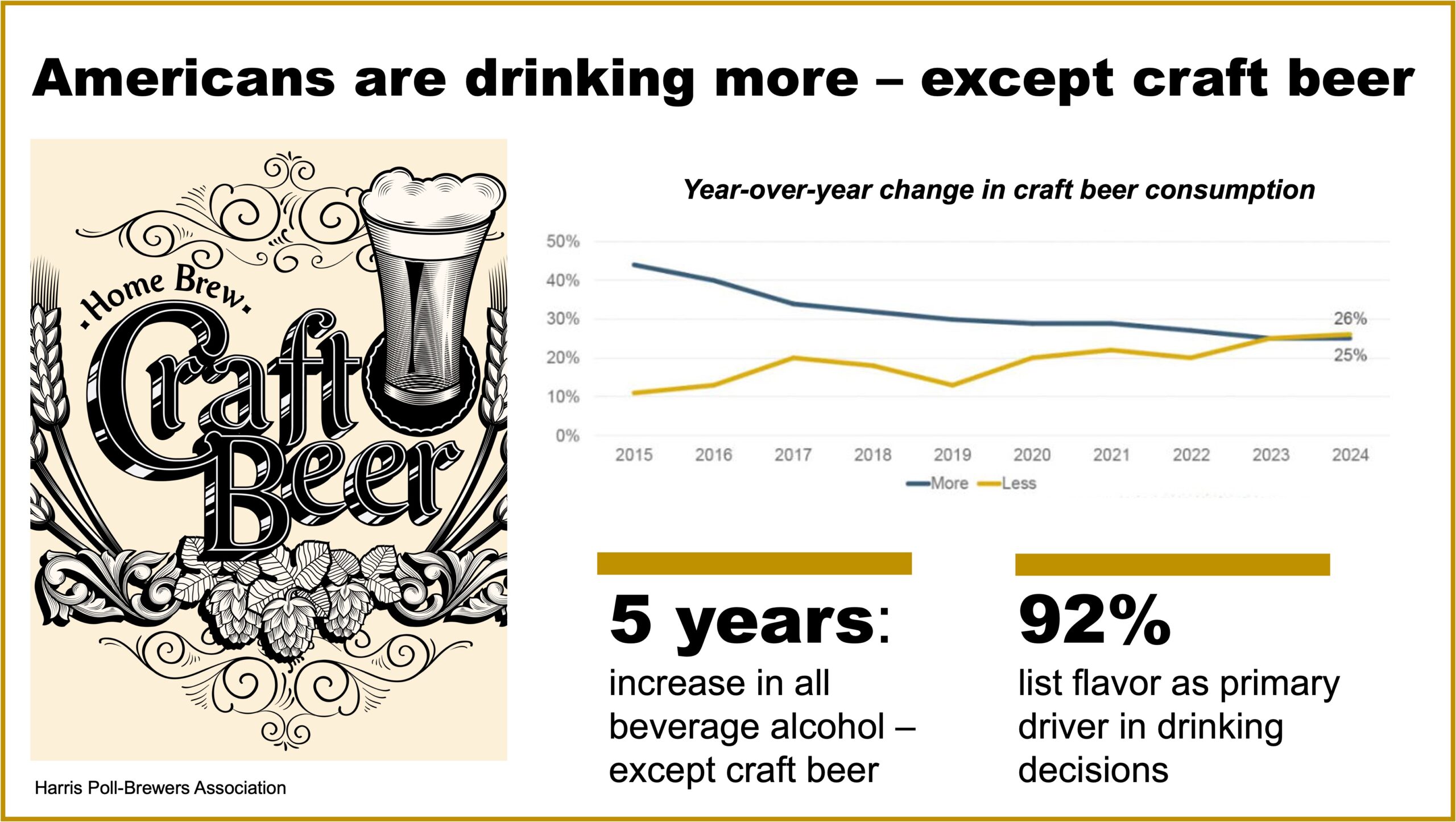
DYNAMIC PRICING FRUSTRATING CONSUMERS
Dynamic pricing – popularized by ride-sharing services like Uber and Lyft – is causing increasing consumer frustration, based on our Harris Poll survey with NerdWallet.
- Consumers are concerned about dynamic pricing transparency and fear of missing out on lower prices.
- 22% of Americans say they would not spend money at a business that uses dynamic pricing, especially older consumers (29% for Gen X, 26% for Boomers, 17% for Millennials and 15% for Gen Z).
- 25% say they would spend money with a business that uses dynamic pricing “only when prices are down” (39% for Gen Z, 28% for Millennials, 21% for Gen X and 20% for Boomers).
RECHARGING EV ADOPTION
With electric vehicle growth slowing, the Harris Poll joined with Urban Science to determine what it will take to recharge the market going forward.
- 68% of auto buyers indicate they will be ready for an EV by 2035 and 48% by 2030. (“Ready by 2030” is 56% among Gen Z, 45% for Millennials, 36% for Gen X and 28% for Boomers).
- Consumers want answers to the concerns holding them back from embracing EVs: distance on a single charge (38%), initial cost (30%), recharging time (28%) and home charging installation/cost (25%).
- See also: Navigating critical automotive retail challenges
CRAFT BEER COOLS OFF
Gone, it appears, are the labels of “beer drinkers,” “wine drinkers” and “spirits drinkers.” Younger drinkers, in particular, are drinking a bit of everything – except craft beers, according to our Harris Poll survey with the Brewers Association.
- During the past five years, weekly consumption has increased for all beverage alcohol types, except craft beer.
- Among those who drink craft beer, they are now more likely to drink spirits on a weekly basis: In 2015, 81% consumed craft beer several times a month or more often. Today, it’s 62%.
- 92% list flavor as the primary driver in making drinking decisions (94% for Boomers).
- Alcohol content (84% for those ages 45-54) and ingredients (83% for those 35-44) are the next most important factors, followed by packaging appearance (65% for those 21-34) and being locally made (61% for those 35-44).
ICYMI
In case you missed it, check out some of the thought-leadership and happenings around Stagwell making news:
- Travel & Hospitality: An Industry Snapshot
- Stagwell travel media firm Ink acquires Business Traveller worldwide brands
- Why is older content making a comeback?
- Dogs, Not Marriage or Kids, Motivate Millennials to Buy Homes
- Axios Vibes: Latino enthusiasm gap favors Trump
- The Numbers Don’t Lie. Get Off Your Phone
Related
Articles
In the News, Press Releases, Thought Leadership
Oct 30, 2024
77% of CEOs Say the Election Will Impact their 2025 Business Strategy; 85% are Bullish on Investment in the Gulf Region, Reveals Stagwell (STGW) Survey

In the News, Press Releases, Talent & Awards
Sep 18, 2024
Stagwell (STGW) Appoints Sunil John as Senior Advisor, MENA, to Spearhead Regional Growth
Marketing Frontiers, Thought Leadership
Jul 26, 2024
Game On for In-Game Advertising? Four Things Marketers Should Know About Gaming
It's clear from dozens of Stagwell’s interviews with senior marketers…
Newsletter
Sign Up
By: Ray Day
CONTACT:
We wanted to share our latest consumer and business insights, based on research from Stagwell. Among the highlights of our weekly consumer sentiment tracking:
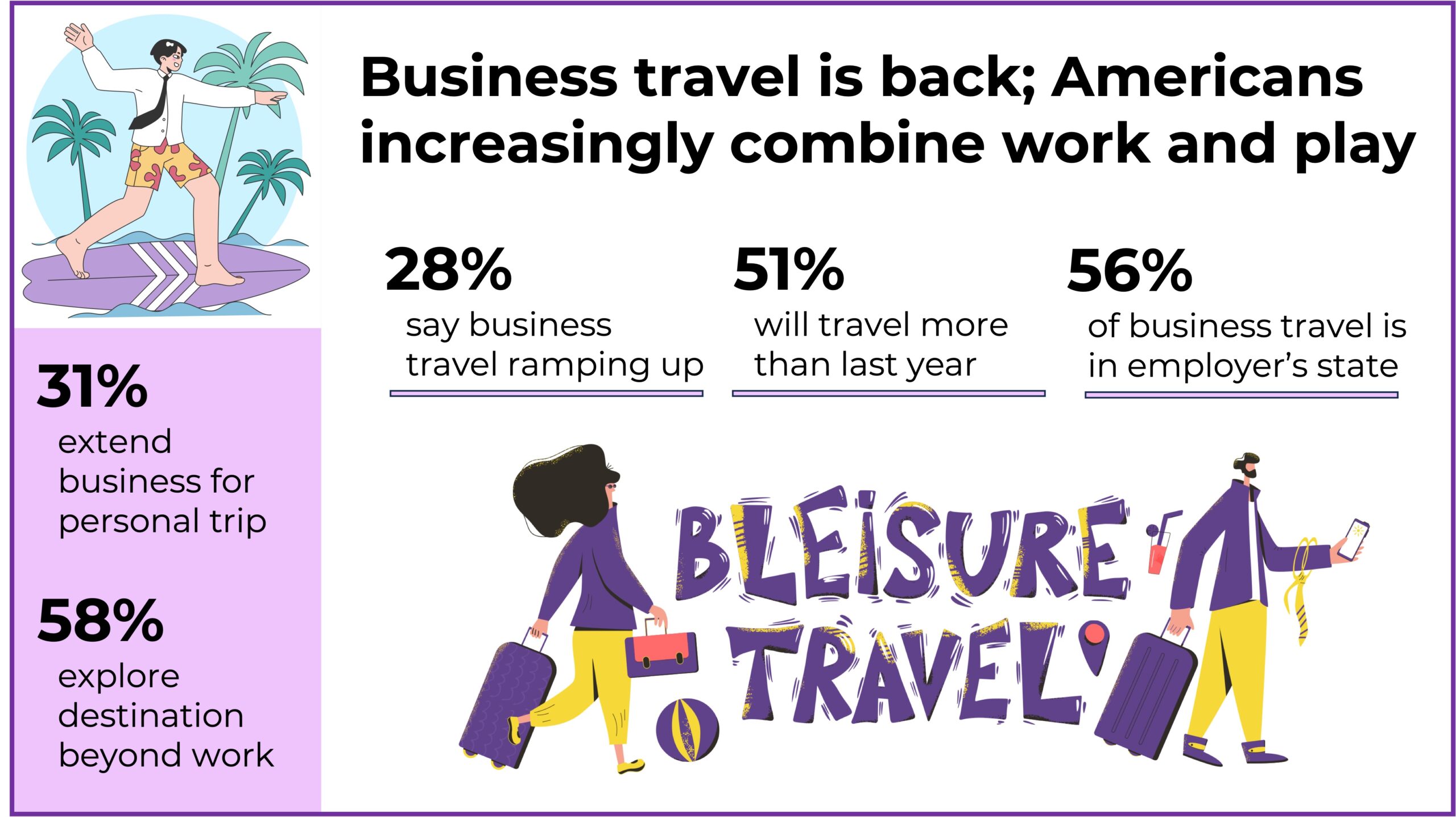
WHEN THE BOSS IS AWAY, WORKERS ARE LESS PRODUCTIVE
A third of American workers admit to being less productive and “slacking off” while the boss is on summer vacation, according to our Harris Poll research with Dayforce.
- 41% of full-time employed adults report being less productive during the summer months.
- 35% say they often slack off while their boss is on vacation.
- To address this, 58% of employees say their employer offers some type of summertime flexibility, including flexible work hours/schedules (32%), increased work-from-home options (22%), summer Fridays (19%) and seasonal work-from-anywhere options (17%).
BLEISURE TRAVEL TREND FOR 1 IN 3 AMERICANS
Travel is back, and half of Americans say they are traveling more for work – with 1 in 3 extending work travel for personal time away, according to The Harris Poll’s new “Travel and Hospitality Snapshot.”
- 28% of Americans who travel for work say their company is ramping up travel.
- 51% say that it’s likely that they will travel more for work this year compared to last year.
- 18% say they still travel for work less now than before the pandemic.
- Of those who travel for work, 24% travel at least once a week, 24% travel at least once a month, and 43% travel at least once every three months.
- 56% of work trips remain within the same state where the employee works.
- 24% of work travel is international.
- 31% of those who travel for work try to extend the length of their work trips into personal vacations – creating the “bleisure travel” trend.
- Even if they can’t sneak in a few extra days, 58% of business travelers say they try to explore as much of the destination as time allows when traveling for work.
- 59% who travel for work say that they usually book with the same brands for personal and business travel accommodations.
- 49% of business travelers book their own work travel plans and accommodations.
- Delta Air Lines ranks No. 1 among the top U.S. airlines on customer satisfaction and is viewed as more “premium” and “fun” than American Airlines and United.
- Other brands that overindex among business travelers: Vineyard Vines, Qdoba, Hermes, Canada Goose and Omega.
AI IS THE NEW TRAVEL AGENT
Can AI create a dream vacation that includes culture, nature, hotels and transportation? Our Harris Poll study with MoneyLion shows it’s possible.
- 70% of Americans are either using or planning to use AI for travel planning.
- 20% of 18- to 34-year-olds already integrate AI into travel plans.
- 56% are likely to use AI to help find restaurants, 53% to find hotel destinations, 51% for local transportation and 50% for flight recommendations.
- 50% also will use AI to help with travel budgeting.
CALLING ALL COMMS AND PR LEADERS
If you are a communications or PR leader – or a CEO with views on comms – please take our annual survey about perceptions of the industry. The research examines the state of communications in the workplace, evolving attitudes about AI, how strategies are shifting around DE&I, ESG and brand safety.
ICYMI
In case you missed it, check out some of the thought-leadership and happenings around Stagwell making news:
- Let’s Get to the Point: Playing With AI Part 4
- Gaming Has a Branding Problem
- Many Healthcare Workers Are Running Out of Money Between Paychecks and Find It Challenging To Pay Bills on Time
- National Research Group Forecast: ‘Twisters’ Tracking for Major $40M-$55M U.S. Opening
- Stagwell Marketing Cloud PRophet Partners with What’s Trending to Launch ‘Creator Spotlight’ Series
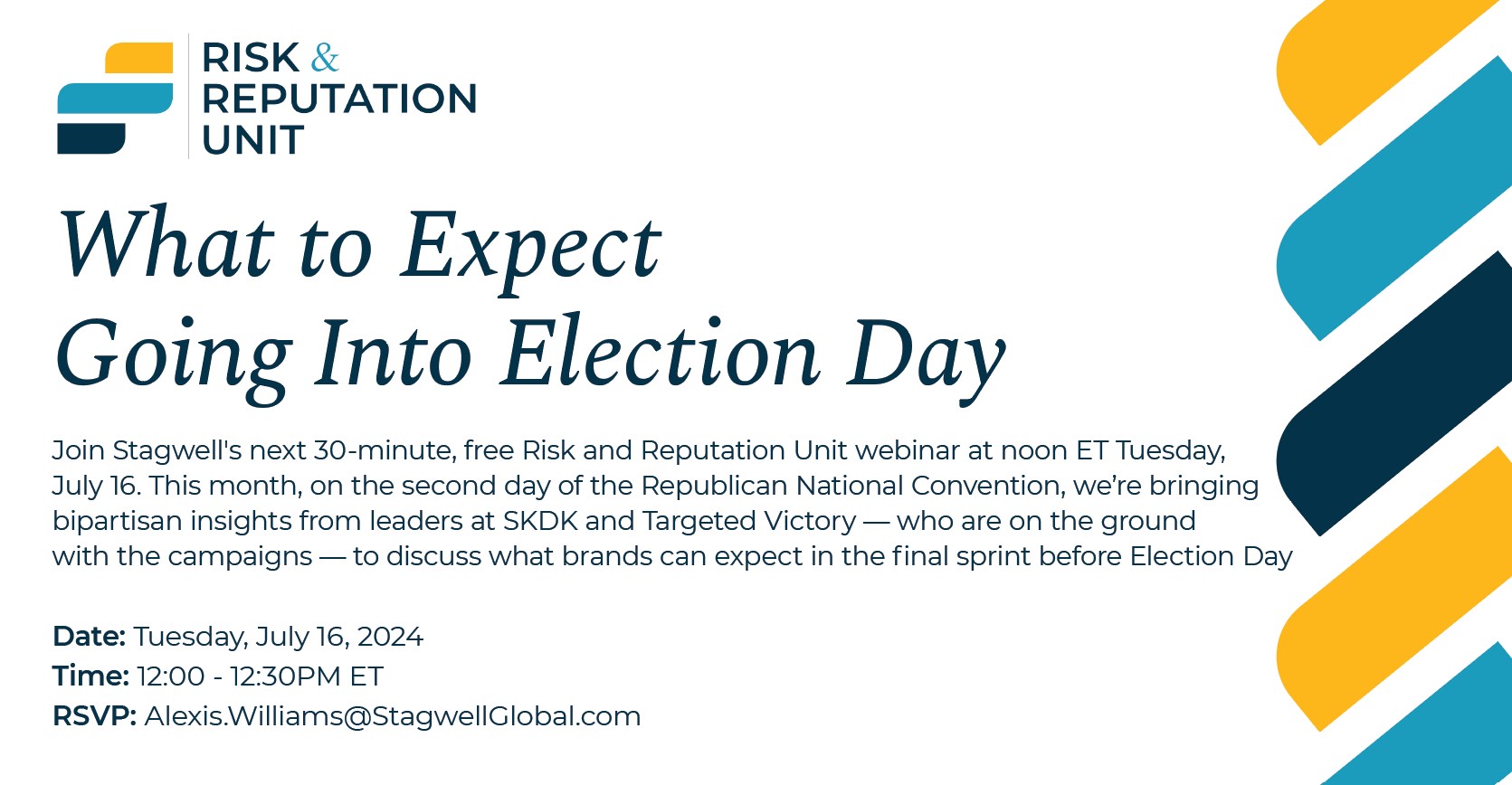
Related
Articles
In the News, Press Releases, Thought Leadership
Oct 30, 2024
77% of CEOs Say the Election Will Impact their 2025 Business Strategy; 85% are Bullish on Investment in the Gulf Region, Reveals Stagwell (STGW) Survey

In the News, Press Releases, Talent & Awards
Sep 18, 2024
Stagwell (STGW) Appoints Sunil John as Senior Advisor, MENA, to Spearhead Regional Growth
Marketing Frontiers, Thought Leadership
Jul 26, 2024
Game On for In-Game Advertising? Four Things Marketers Should Know About Gaming
It's clear from dozens of Stagwell’s interviews with senior marketers…
